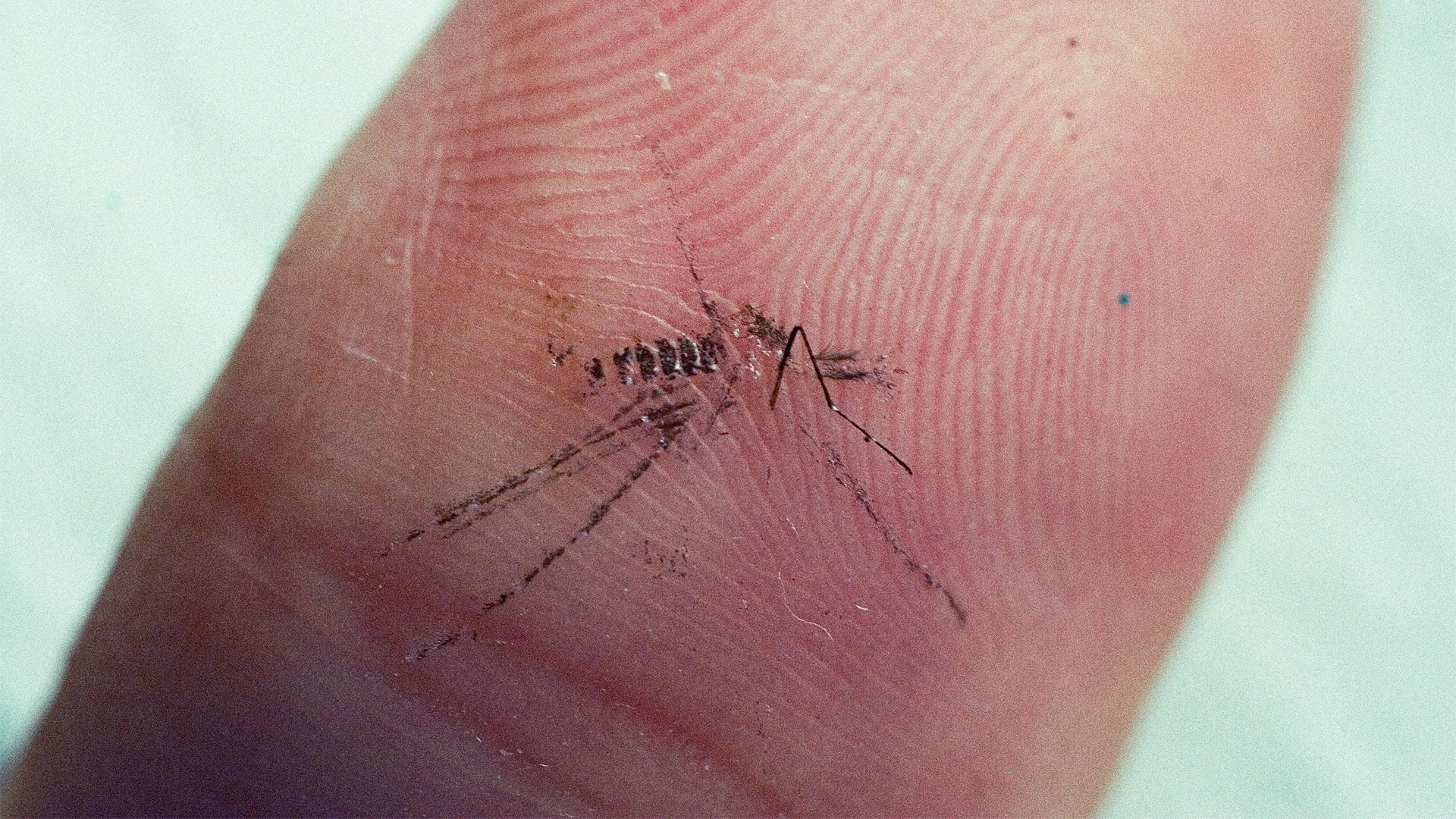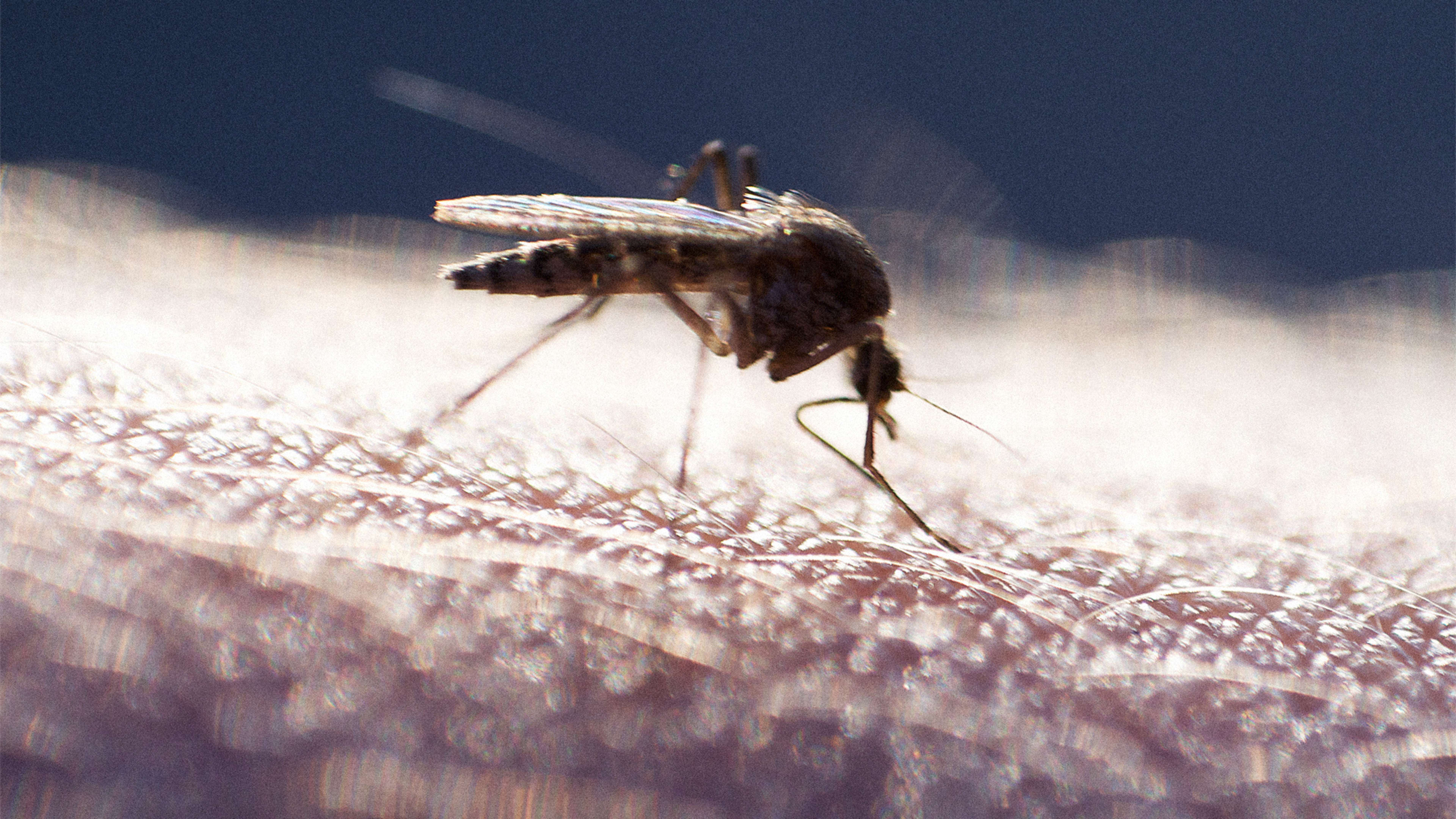Malaria doesn’t just make people sick. It also makes them more attractive to malaria-carrying mosquitoes, encouraging these insects to feast, pick up the disease, and pass it on to another human. But these dirty tricks might not just be another reason to hate both mosquitoes and malaria–understanding how they work together may lead to new ways to fight the disease.
This rather unsettling discovery comes from researchers at Stockholm University in Sweden, the Swedish University of Agricultural Sciences, and KTH Royal Institute of Technology, who found that the malaria parasite produces a particular molecule, HMBPP, which causes the red blood cells of infected humans to produce more carbon dioxide. CO2 is one of the ways a mosquito tracks down its target. The HMBPP molecule also makes humans produce volatile compounds which malaria mosquitoes find irresistible–kind of like catnip for blood suckers.

And it doesn’t end there. When the mosquito sticks its beak into you, it will drink more blood than usual, and it will also load up with even more malaria parasites, making the mosquito an even better disease carrier.
This, the researchers noted in the study, is a system that has been finely honed over millions of years–a perfect way for the malaria parasite hitch a ride to the next host. But it could also be exploited by us clever humans to defeat the disease: Because mosquitoes find the HMBPP-triggered chemical cocktail we exude so irresistible, it could be used against them. Currently, the most effective ways of combating malaria involve mosquito nets and insecticide; a vaccine is still a distant possibility, Ingrid Faye, one of the study authors, said in a Stockholm University release. But Faye added there’s new potential in developing a trap that uses the same chemical mix to attract, capture, and destroy the bugs.
Like any war, success is made up of a series of smaller victories. And while our war with nature’s most hated insect will probably continue for a long time yet, this latest research provides vital intelligence with which to defeat the enemy.
Recognize your brand’s excellence by applying to this year’s Brands That Matter Awards before the early-rate deadline, May 3.
